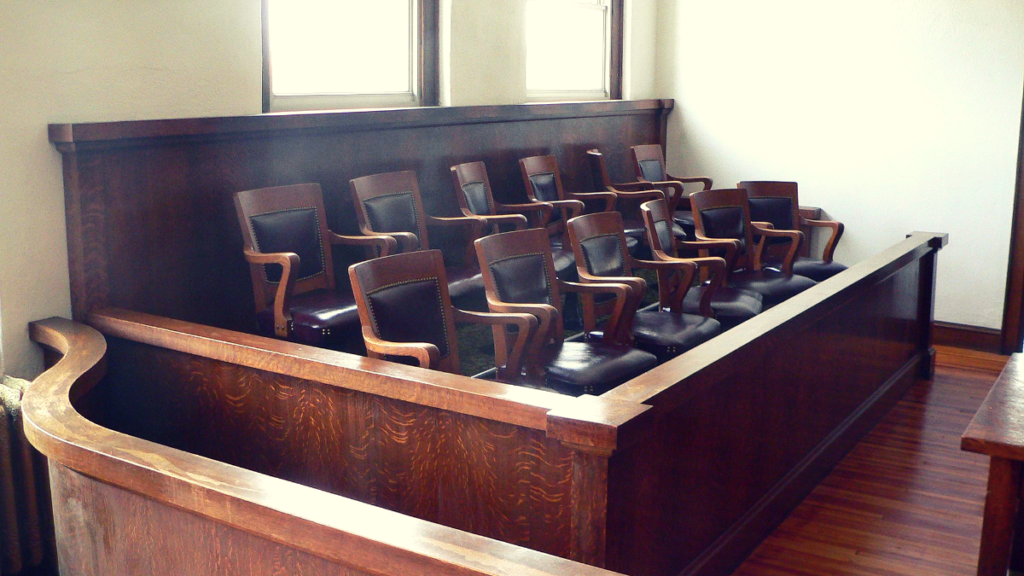Jae Lee came to the United States legally as a child but never became a citizen. In 2009, he pled guilty to a drug crime after his lawyer assured him that he could not be deported as a result. The lawyer was wrong, because the conviction made Lee subject to mandatory removal.
When Lee learned of this mistake, he asked the court to vacate his plea so he could instead face trial, arguing that his counsel’s assistance was ineffective. The district court denied this motion because of the overwhelming evidence against Lee, ruling that his conviction at trial was so certain that his counsel’s bad advice didn’t actually harm him, particularly given the much longer prison sentence he would receive if convicted after trial.
The U.S. Court of Appeals for the Sixth Circuit agreed that a jury wasn’t needed to determine Lee’s guilt and that denying the “chance to throw a Hail Mary at trial is not prejudicial” and therefore doesn’t violate Lee’s Sixth Amendment right to a jury trial. The court reasoned that that the only chance Lee had was acquittal by “jury nullification” and thus such a gambit was so irrational—and the idea of nullification so antiquated—that it is not to be allowed.
Lee is now pressing the matter at the Supreme Court, which has agreed to hear his argument, which Cato is supporting with this amicus brief. The idea of an independent jury’s nullification power is encompassed in the original meaning of the Sixth Amendment. Colonists frequently viewed juries as a shield against the crown, as juries frequently protected defendants against unjust and oppressive laws.
Independent juries were important enough in the American colonies that a section in the Declaration of Independence was devoted to assailing the King for depriving them of that right. The importance of an independent jury, and what such a jury meant at the time, informed the creation and adoption of the jury-trial right in the Bill of Rights. The meaning is made clear by Alexander Hamilton, who argued as defense counsel in 1804 that it is up to the jury to decide facts and the law, and it is in the deciding of the law that the nullification power comes from. The meaning is further solidified by John Adams’s statement that it is the duty of a jury “to find the verdict according to his own best understanding, judgment, and conscience, though in direct opposition to the direction of the court.”
The Sixth Circuit actually admits in this case that the power of juries to acquit, despite strong evidence for conviction, was central to the decision to enshrine the jury right in the Constitution. In spite of the incontrovertible evidence that the right to seek an acquittal by nullification was enshrined in the Sixth Amendment, Jae Lee had this right revoked simply because it was considered irrational or unwise.
The Supreme Court must now protect the right to pursue a risky trial strategy; it may not be wise to seek acquittal by nullification, but Lee should be able to decide that the risk is worth facing as against the certainty of deportation. It is not up to courts to pick which strategy is best for criminal defendants to follow, but judges should protect the right to choose a jury trial even when they might not make the same choice under the same circumstances.
The Supreme Court hears argument in Lee v. United States on March 28.
This piece was originally published at Cato at Liberty.



